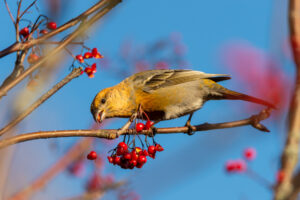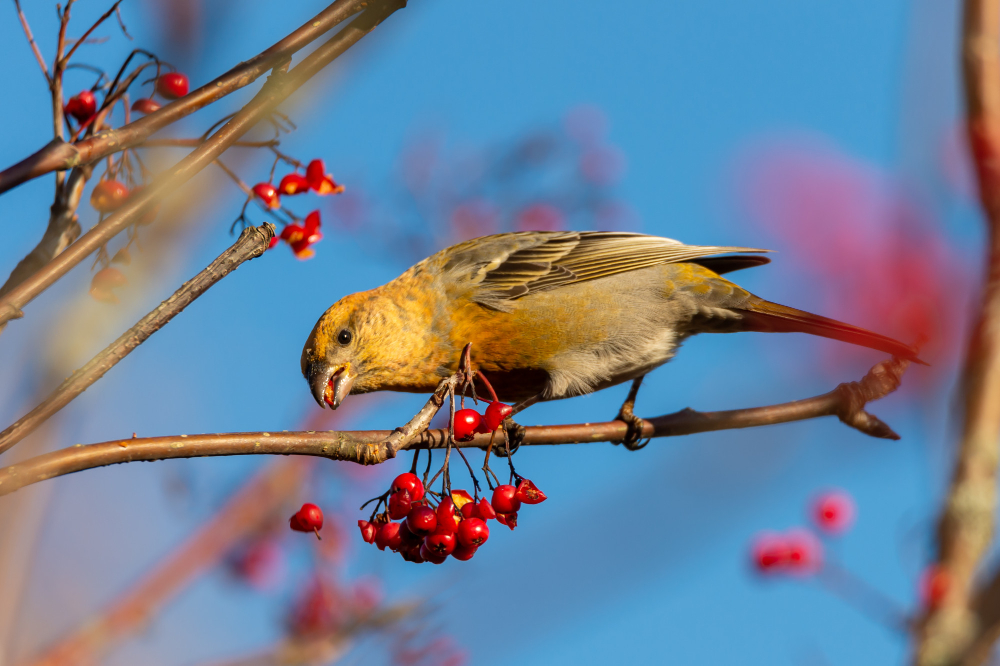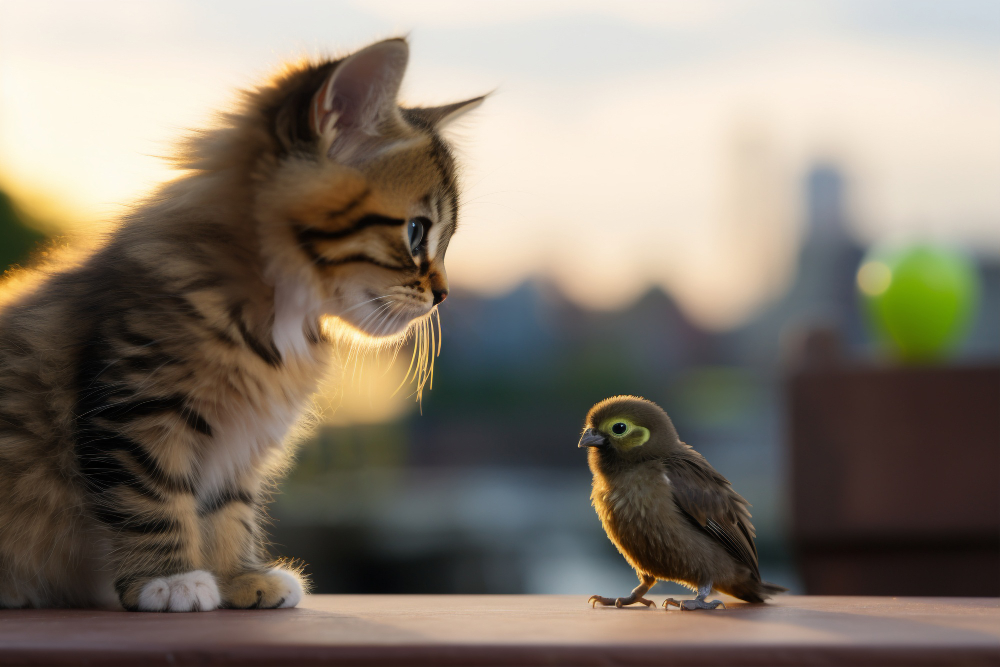Introduction
Understanding Avian Preferences
Yanking cherries, also known as sour cherries or Prunus cerasus, happen to be among the fruits popularly preferred and enjoyed by most humans but almost always ignored by birds. If you have ever noticed that birds do not visit your yanking cherry trees often, then you probably must have sometimes wondered, “Why do birds not eat yanking cherries?”
1.What Are Yanking Cherries?
Sour, little fruits, yanking cherries fall in the Prunus family. Being of such sour taste, yanking cherries are extensively used in cooking and even baking. They lend a particular zest to desserts as well as preserves. While the birds seem to not care for them much, there are many people who like yanking cherries, and why birds do not eat yanking cherries is highly interesting in terms of the bird’s preferences and behavior.

2. Nutritional Needs of Birds
Birds require different kinds of nutrients, and their needs differ in species. Awareness of what it is that birds need nutritionally may enlighten one on the feeding habits of birds:
1. Energy-Producing Needs
Birds require a diet rich in calories to energize their activities, particularly during the breeding and migration periods. This is the main reason most birds seek those foods rich in calories such as seeds, fruits, and insects.
2. Protein Needs
Many birds need protein for growth and reproduction. Insects, larvae, and seeds are high in protein and are often preferred over fruit.
3. Vitamins and Minerals
Birds require a broad spectrum of vitamins and minerals for their general health. Foods offering these nutrients are generally favored over those lacking the same types of nutrients.
3. Taste Preferences of Birds
Birds have taste preferences that can strongly influence their feeding behavior. Some reasons why birds might not like the act of yanking cherries are as follows:
1. Flavor Profile
Birds tend to like sweeter fruits as compared to sour fruits. Yanking cherries happen to taste very sour, so they will be unappealing to most birds to eat.
2. Sensory Perception
Birds and humans are different in terms of the palate. While to us the sourness of yanking cherries may be an inviting affair, it will be unpalatable for the birds.
4. Chemical Composition
Of Cherry Plucking The chemical composition of cherry plucking is one of the primary characteristics that define the potential appeal of these fruits for birds. There are several important components that fit into this description:
1. Sugar Content
While plucking cherries do contain some amount of sugar, the content is much lower as compared to sweet cherries or other fruits that birds seem to prefer.
2. Acidity
The yanking cherries are more acidic than many other fruits and thus have their tart taste. The stronger acidity could be unsuitable for birds that may prefer less acidic food.
3. Tannins and Other Compounds
Tannins and other compounds in the yanking cherries could also determine its palatability. Tannins give a bitter taste unfavorable to some birds.
5. Species of Bird and Their Preferred Food
Birds prefer different types of food. Among the birds that feed on cherries are the following:
1. Frugivorous Birds
These are species that feed almost entirely on fruits, including orioles, waxwings, and some sparrows. Even these birds may, however, prefer the sweeter forms.
2. Insectivorous Birds
Many birds, which are insectivorous, would likely have little interest in fruit no matter how good it tastes. Warblers and flycatchers concentrate on protein-rich diets.
3. Generalist Feeders
Some birds, like the American robin, are generalist feeders whose diets are broad and they will at times eat yanking cherries, but tend to seek out sweeter fruits when those are available.
6. Environmental Factors
Environmental conditions also influence the feeding behavior of birds. Important factors include:
1. Habitat Availability
Birds primarily choose food based on availability in their environment. If yanking cherries are not readily available in a bird’s favoritehabitat then that bird may never learn to eat them at all.
2.Competition for Food
For birds, if other fruiting plants provide fruits that are more succulent than yanking cherries, then they may altogether avoid even yanking cherries. Food competition amongst available items can do a lot to affect feeding habits.
3. Seasonal Availability
The timing of fruit ripening can also influence feeding behavior. Yanking cherries, while tender when yanked, will sometimes have ripened too early to the other preferred food sources. Birds may thus not come looking for them.
7. Frequently Asked Questions About Birds and Yanking Cherries
1.Do any birds eat yanking cherries?
Yes, of course, some birds, specifically those with wide diets, will at times eat yanking cherries, but they are not their favorite fruit.
2. Why do birds favor sweeter fruits?
Birds tend to prefer sourer fruits since they contain more energy, thus making them a more attractive foraging option.
3. Are yanking cherries safe to birds?
Although yanking cherries are nontoxic to birds, their sourness and acidity may make them less palatable to birds.
4. How can I attract birds to my yanking cherry trees?
To attract birds, consider planting sweeter fruit varieties near these or provide alternative food sources preferred by the birds.
5. Do all birds prefer or tend to avoid sour fruits?
Not by any means, but rather most birds tend toward preferring the sweetness of fruits because it contains more energy.
6. What are other fruits that birds are known to eat?
Birds enjoy strawberries, blueberries, blackberries, and sweet cherries-they are all decidedly sweeter than yanking cherries.


